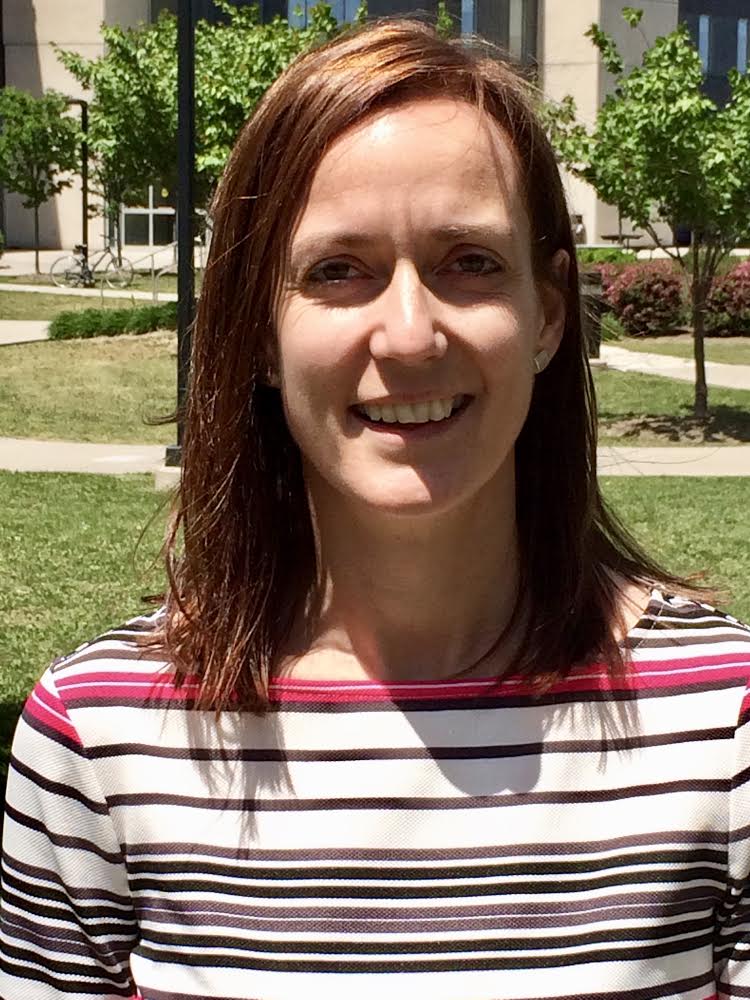Hello Blood & Clots/CanadiEM community!
Before we post our blog series on thrombosis and bleeding, we encourage you to test your initial knowledge by going through a few brief case scenarios. These cases were originally posted as part of our needs assessment in Fall 2016, and you can find the answers after each question below.
The first few quizlets can be found here: Quizlet 1, Quizlet 2, Quizlet 3.
All the content from the Blood & Clots series can be found here.
Cheers!

-Blood & Clots Editorial Team
* * * * *
Quizlet #4
You are evaluating a 75 year old man on the medical ward, to organize his discharge home. You notice that his ECG shows atrial fibrillation, rate 88 beats/min. He is well, his BP is 134/76. He has a history of hypertension and colon cancer (in remission). He is prescribed atorvastatin, amlodipine, metoprolol and aspirin.
Question 1: What is his annual risk of stroke?
A) 0.5%
B) 1%
C) 4%
D) 6%
E) 9%
Answer to Question 1
C) 4%
He has a CHADS2 score of 2 on the basis of age 75 and hypertension. His yearly risk of stroke will be roughly double the CHADS2 score (4%).
[bg_faq_end]Question 2: Given his risk of stroke you decide that he should be taking an anticoagulant. In choosing an anticoagulant, what is the most important information you should obtain?
A) How long has he taken aspirin?
B) Has he had any falls at home?
C) Serum creatinine
D) Hemoglobin
E) Liver function tests (AST, ALT, ALP, bilirubin)
Answer to Question 2
C) Serum Creatinine
Most patients with atrial fibrillation are older and much as 30% these patients have co-existing renal impairment. Dabigatran is contraindicated with a creatinine clearance <30 ml/min. Apixaban can be prescribed for patients with a creatinine clearance above 15 ml/min. In addition to this, the creatinine clearance will dictate the dose of anticoagulant, with lower doses in those with reduced renal function.
We also have to take into account his risk of bleeding. This includes assessing whether he takes antiplatelet medication, whether he has falls, whether he is anemic with occult bleeding or has liver failure. However this will have a lesser influence on the choice of anticoagulant.
[bg_faq_end]Question 3: You have started Rivaroxaban 20 mg daily for this man. You should:
A) Stop his aspirin immediately
B) Stop his aspirin in 2 days’ time
C) Stop his aspirin 1 week from today
D) Continue his aspirin
E) Leave it up to the patient to decide whether to continue the aspirin
Answer to Question 3
A) Stop his aspirin immediately
This patient does not have coronary artery disease and he takes aspirin for primary cardiovascular prevention. His risk of bleeding will be doubled if he takes both rivaroxaban and aspirin, compared with aspirin alone. He has little to benefit from remaining on aspirin, so it should be stopped immediately.
[bg_faq_end]



